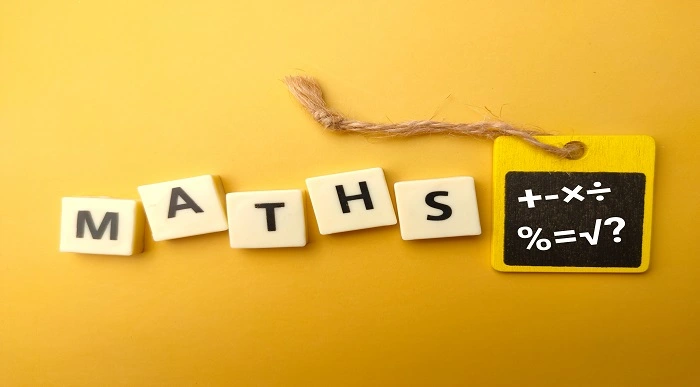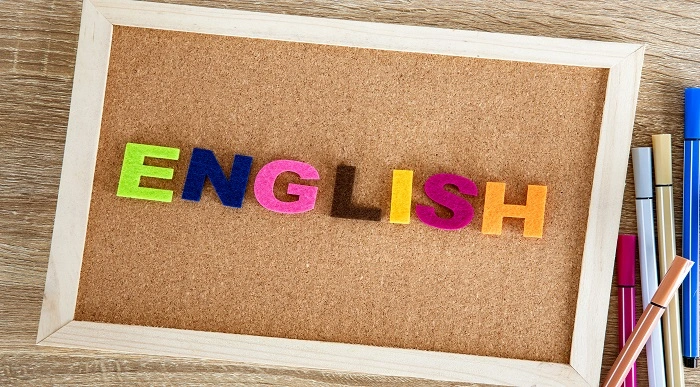GCSE
IGCSE vs GCSE: What are the Differences & Which is Harder?
When it is IGCSE versus GCSE, you might get confused while deciding to sit for the exam. Before you pick one, you should know the differences between IGCSE and GCSE and which one is easier or harder among the two.
So, if you are an examinee or a parent trying to figure out which of the qualifications would be the right choice, this blog is for you! Spare a few minutes and get to know everything about IGCSE and GCSE.
Table of Content
What is GCSE?
The initials GCSE stands for General Certificate of Secondary Education. In the UK, students take an academic qualification at the end of their compulsory education in Year 11. They are usually studied full-time at school and take 2-3 years or five terms to complete.
The journey of GCSE starts either in Year 9 or 10 depending on the subject, school or exam board and finishes with a set of examinations at the end of the course. It is basically designed for students who are above the age of 14 and want to progress to A-levels before entering a UK university.
The GCSE qualification mainly involves studying the theory of a subject along with some investigative work, while some subjects also involve practical work. The three compulsory GCSE subjects are English, Maths and Science. All other subjects in GCSE are optional.
You can learn more about GCSE study from How to Revise for GCSE: Best Ways to Revise for GCSE.
 Are you looking for online GCSE courses?
Are you looking for online GCSE courses?
What is an IGCSE?
IGCSE stands for International General Certificate of Secondary Education which is recognised as the international equivalent of the GCSE. IGCSE offers the same level of education like the traditional GCSE, but in an international or non UK-centric curriculum and context.
While GCSEs are offered in only a handful of countries, IGCSEs are accessible in over 150 countries worldwide. You can also sit for IGCSE in countries which offer standard GCSEs, including the UK.
In the case of IGCSE subject offerings, it is very similar to that of GCSE. However, IGCSE subjects tend not to include any coursework except for subjects like Art and Design.
Are IGCSEs and GCSEs Equivalent?
As mentioned before, the IGCSE is considered as the international equivalent of the GCSE. Both the IGCSE and GCSE qualifications are studied and examined at the same point in the UK education system. None of the qualifications has any age restriction and both of them have a huge impact on further study and career path of a student.
What is the Difference between GCSE and IGCSE?
| Area of Differences | GCSE | IGCSE |
| Accessibility | GCSE examinations only take place in the UK | IGCSE examinations are available in over 150 countries |
| Course Content | GCSE English course, particularly Literature, focuses more on the works of British writers | IGCSE prefers to take a broader approach focusing on the writers from different countries and cultures. |
| Coursework | Coursework is a core component of GCSE assessment criteria | Coursework is included in very few IGCSE subjects |
| Grading | GCSEs now use a number based grading system (9-1) | IGCSEs still use a letter-based grading system (A*-G) |
| Exam | GCSEs take place annually in May and June. Maths and English language GCSE exams can also be taken in November. | IGCSE exam can be taken in November and January, with some additional subjects offering extra examination periods in May/June |
Is IGCSE harder than GCSE?
IGCSE was considered to be harder than GCSE previously since the final results were based on the end-of-course examinations, unlike the coursework based GCSE. However, after the reforms to the GCSEs under Michael Gove (former Secretary of State for Education in the UK Government), coursework elements were removed from many GCSE subjects leading the GCSE to be easier than IGCSE.
FAQs:
Do universities prefer IGCSE or GCSE?
Both the IGCSE and GCSE qualifications are recognised and accepted by the UK Universities and they do not distinguish between these two qualifications. Hence, both of them are acceptable in the universities.
What does IGCSE stand for?
IGCSE stands for International General Certificate of Secondary Education.
Is GCSE and IGCSE the same thing?
Both the IGCSEs and GCSEs are academic qualifications which are studied and examined at the same point in the UK education system. The only difference between the two is that while GCSE is UK based, IGCSE is the internationally recognised equivalent of GCSE.
Is IGCSE Maths harder than GCSE?
IGCSE was known to be harder than GCSE, whether it was Maths or any other subjects. However, after the GCSE reforms in 2017, the scenario changed. Now, GCSEs are considered easier than IGCSE.
Is IGCSE easier than GCSE?
As mentioned previously, if it is IGCSE vs GCSE maths, IGCSE has been difficult traditionally. This is due to the end-of-course examination system. But, due to the GCSE reform, there has been omission of coursework from a number of GCSE subjects making it easier than IGCSE.
Conclusion:
Hopefully, the blog has been useful to point out the differences between IGCSE and GCSE. Now you can choose any one of them according to your preference and set your first step towards higher education.
What to Read Next:
- GCSE Maths Formula Sheet – All Formula with Explanation
- GCSE Maths Grade Boundaries for All Boards – [2019 to 2023]
- How to Revise for GCSE: Best Ways to Revise for GCSE (Step by Step Guide)
- Edexcel GCSE Maths Specification – A Comprehensive Guide
- What Happens if You Miss a GCSE Exam?
- How To Get Maths GCSE Quickly
- GCSE Exam Centres


 Are you looking for online GCSE courses?
Are you looking for online GCSE courses? 




